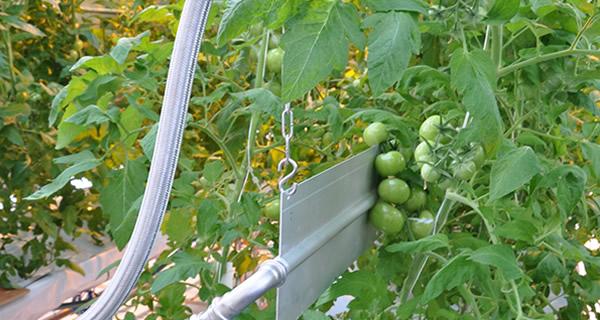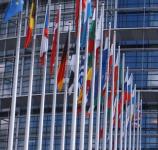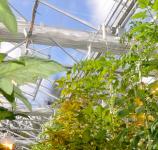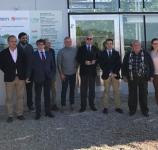Strengthening the EU agricultural sector with an eye on innovation
Friday June 17, 2016
Aquaponics is a resource efficient way of producing high-quality food with no side effects on the surrounding environment. The INAPRO project aims to innovate aquaponics to make it economically viable and supports a shift towards a more sustainable food production system.
One of the main reasons why aquaponics is far from being widespread in the EU, is the lack of clear legal framework that makes it difficult for entrepreneurs to invest in the sector. INAPRO is raising awareness about the merits of aquaponics by encouraging European policy-makers to take it into consideration when they legislate on relevant issues.
Last week, the European Parliament has adopted at large majority a report drafted by its UK member Anthea McIntyre entitled Technological solutions for sustainable agriculture in the EU. The report addresses many important issues related to the further development of agriculture in a sustainable way. The agricultural sector is asked to respond to the growing global demand for healthy, safe and nutritious food without depleting and deteriorating scarce natural resources such as soil and water. In order to fulfil this expectation, several problems must be tackled; for example, the report states that the agricultural sector accounts for 70% of world water use and employs large amount of fertilisers that have negative impacts on the environment. At the same time, climate change and global warming continues to threaten world food security.
Innovative technologies can play a crucial role in responding to these challenges but they have to be duly evaluated, incentivised and disseminated. The INAPRO partners meet with Ms McIntyre and with other relevant MEPs to present the project and raise awareness about aquaponics. Several MEPs found the project very promising and as a result, aquaponics has been openly mentioned in the report, under the chapter devoted to research and funding priorities. Indeed, the report states that “[The European Parliament] Considers it essential for the Commission and the Member States to develop projects which focus on the development of more resource-efficient agricultural practices and crop varieties, including locally specialised varieties, aimed at the conservation and improvement of soil fertility and nutrient exchange, especially given the increasing scarcity of water availability and certain key components of fertilisers such as phosphate; calls on the Commission to prioritise investment in the circular economy and climate-smart farming practices, with adequate funding incentives for research and uptake by farmers; underlines that the merits of aquaponics, closed loop nutrient cycling, agro-ecology, including agroforestry, conservation agriculture and sustainable forest management, sapropel, short feed chains, pasture-based grazing and low-input production should be duly evaluated, divulged and incentivised[1]”.
It is not the first time that in a report the European Parliament speaks in support of aquaponics and its potential. Aquaponics was already mentioned in another report drafted by Ms McIntyre on “The Future of Europe’s horticulture sector – strategies for growth[2]” adopted by the European Parliament in 2014.
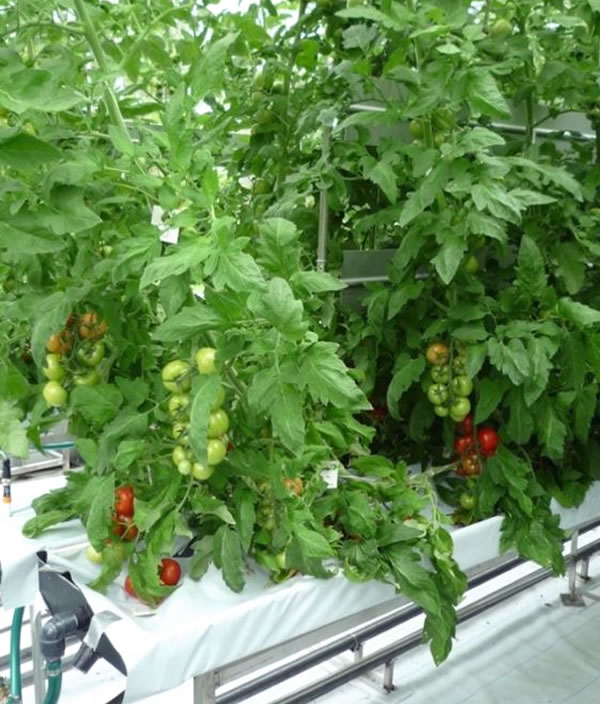
This report acknowledges that the European horticulture sector provides a great contribution to the economy, to jobs creation and to food security. The fruits and vegetable sector represents 18% of the total value of agricultural production in the EU while it uses only the 3% of all cultivated land. Moreover, the report points out that horticultural crops are very much affected by water scarcity and by climate change and stresses that research, innovation and resource efficiency are crucial for this sector to thrive. Aquaponics is mentioned as a sustainable system for local food production that helps to reduce the consumption of resources.
Although it is not a legally binding act, another document that deserves to be mentioned is a publication prepared by the European Parliament’s Science and Technology Options Assessment that lists aquaponics among the 10 technologies which could change our lives. The study acknowledge the potential of aquaponics and describe it as “an opportunity to produce food in a more economically and environmentally sustainable way with produce being grown using a low level of resource-input[3]”.
[1] http://www.europarl.europa.eu/sides/getDoc.do?type=TA&reference=P8-TA-2016-0251&format=XML&language=EN
